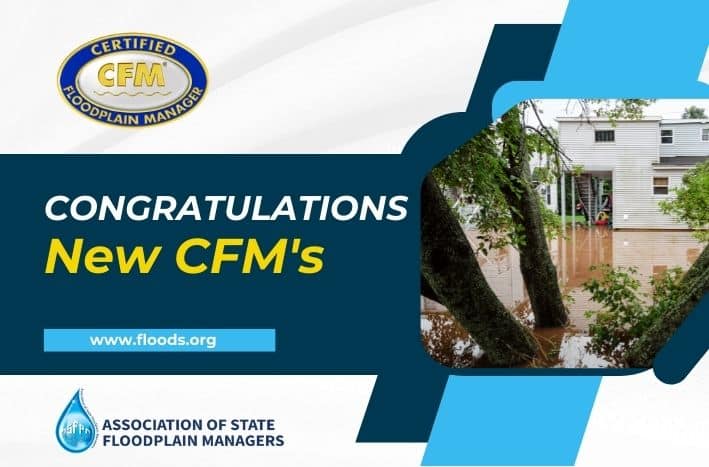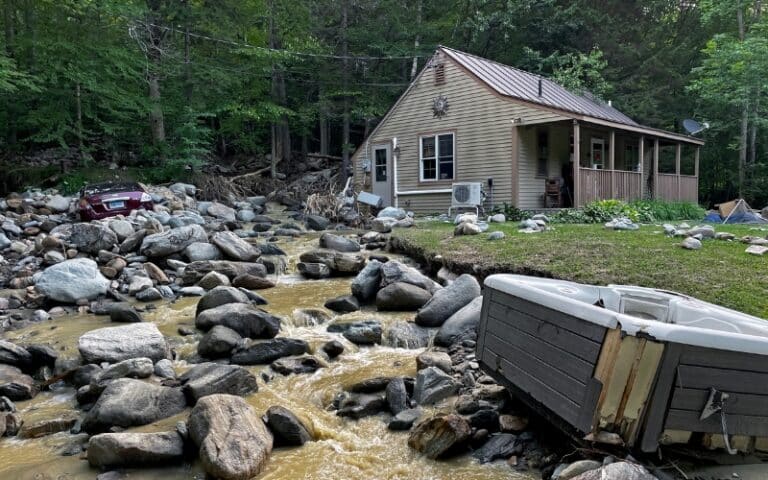House Committee on Climate Crisis Seeks Input on Report to Congress
The House Select Committee on the Climate Crisis will develop a report to Congress suggesting how our nation can help advance a clean energy economy and prepare our nation for the climate change effects. The Select Committee on the Climate Crisis has received recommendations from young climate leaders, policy specialists, business leaders and state and local officials at meetings and hearings held in Washington, D.C. and around the country. They will provide a report to Congress in March 2020 and are seeking input for that report.
To supplement their ongoing work, the committee is seeking additional detailed input from a broad range of stakeholders. They’ve posted the Request for Information on their webpage. To inform the policy recommendations, the committee asks that you provide responses to the questions by Nov. 22, 2019 by emailing ClimateCrisisRFI@mail.house.gov. You need only reply to the questions that are relevant to your organization or expertise and comment on any added issues you feel are relevant. Please submit your response as a Word document and PDF.
ASFPM suggests our members and readers may want to focus especially on question #11 (below) and related issues of resilience/sustainability surrounding the flooding and protection of ecosystems, including intergovernmental collaboration, mitigation, adaptation and wise development as well as wise use of taxpayer funds pre- and post-disaster.
Resilience and Adaptation
#11. What policies should Congress adopt to help communities become more resilient in response to climate change? The Select Committee welcomes all ideas on resilience and adaptation, but requests comments on three specific questions:
a. What adjustments to federal disaster policies should Congress consider to reduce the risks and costs of extreme weather and other effects of climate change that can no longer be avoided?
b. How can Congress better identify and reduce climate risks for front-line communities, including ensuring that low- and moderate-income populations and communities that suffer from racial discrimination can effectively grapple with climate change?
c. What standards and codes should Congress consider for the built environment to ensure federally-supported buildings and infrastructure are built to withstand the current and projected effects of climate change?


